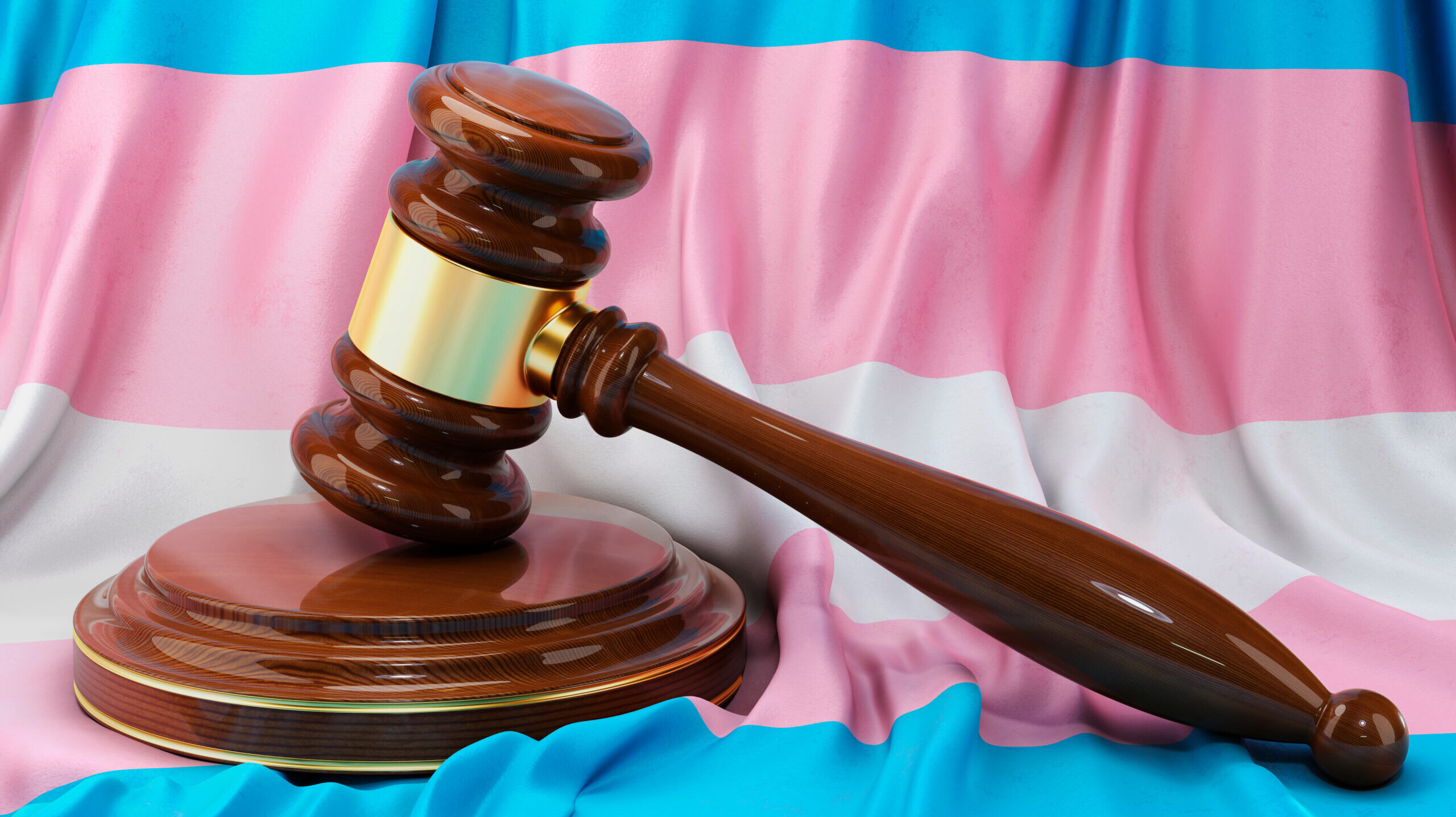|
Getting your Trinity Audio player ready...
|
The 11th Circuit Court of Appeals on Thursday decided the state’s law banning gender-affirming for minors can remain in effect as the trial proceeds.
Federal District Judge Liles C. Burke initially enjoined the law from remaining in effect, finding the likelihood that plaintiffs could suffer damage if the medical treatments are withheld.
“The physical and psychological safety of our children can now be better protected from these untested and life-altering chemical and surgical procedures through the implementation of the Alabama Vulnerable Child Compassion and Protection Act,” Attorney General Steve Marshall said in a statement Thursday. “This is a significant victory for our country, for children, and for common sense.”
Although the law does make it unlawful to provide gender-transitioning surgeries on minors, experts have testified that no such procedures take place in the state and no evidence has been brought forward of that happening.
Instead the bulk of the lawsuit has focused on puberty blockers and cross-sex hormones. Marshall also referred to the bill preventing the “sterilization” of minors—cross-sex hormones would have that effect, but experts testified that puberty blockers are usually reversible.
“Alabama’s transgender healthcare ban will harm thousands of transgender adolescents across the state and will put parents in the excruciating position of not being able to get the medical care their children need to thrive,” said lawyers representing parents of transgender adolescents who are challenging the ban. “The district court issued its preliminary order blocking the ban after hearing days of testimony from parents, doctors, and medical experts about the devastating impact of this ban and the lack of any medical justification for it. Today’s ruling will hurt parents and children in the state. We will continue to challenge this unlawful ban and to support parents and their kids in pushing back against the dangerous reality of being denied access to necessary, best practice medical care.”
On August 21, a three-judge panel of the 11th Circuit reversed the district court’s May, 2022 decision preventing the ban from taking effect. In a request for rehearing filed in September 2023, the plaintiffs argued the full court should review the panel decision because it conflicts with Supreme Court and 11th Circuit precedent dictating that all laws discriminating based on sex should be subjected to heightened scrutiny under the Equal Protection Clause, and because the ban violates parents’ longstanding right to make medical decisions for their children, rather than cede that power to the state.
That request for rehearing en banc is still pending. A full trial on the constitutionality of the ban is planned to take place in federal district court in August 2024.




















































